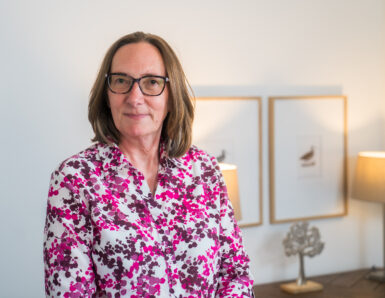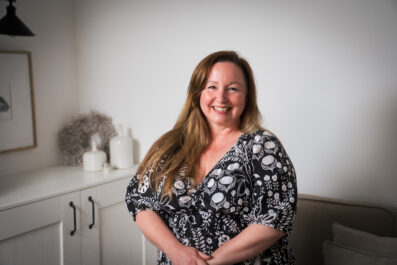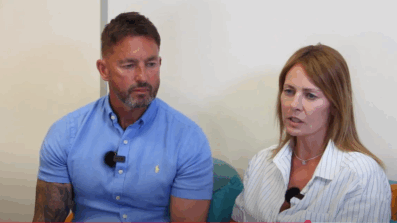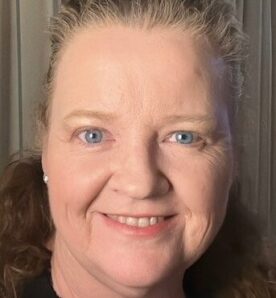Foster mum Claudia Myrie says we need more BAME foster parents to support for the UK’s looked-after children
A little bit about Claudia
39-year-old Claudia started her fostering journey in 2013 and since then has supported single children, sibling groups and parents and children. She’s shared some of her experiences as a foster parent, and the importance of recognising cultural sensitivities when fostering.
Claudia didn’t live with her biological parents. She always knew that she wanted to be a foster parent, even once attempting to fill in a fostering application form at the age of 16 (before being advised that she needed to be over 18 and have her own place to live), and successfully filling one in the day she bought her house.
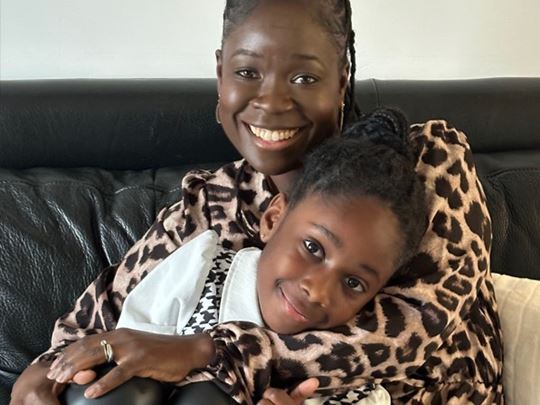
“To not see a person’s colour is to not see them at all. Cultural sensitivity is the opposite of that – it’s seeing a person for who they are and what they stand for.”
Meet foster parent Claudia from Thames Valley who has highlighted the importance of recruiting more BAME foster parents to support our looked after children. Claudia also talk the about importance of the support she has had from FCA.
Life with Claudia
Claudia has three children at home, two of whom are foster children and have been in her care for nearly 11 years. She stays in touch with every single person who has ever been under her care.
“They become part of the family. We’ve been really fortunate in that everyone who has stayed with us has enjoyed the dynamics of our family. When you have dinner with somebody or you’re in pyjamas with someone, talking to them and you hear them cry… It’s hard to cut that off.”
“I also still (informally) support an old placement, if she needs a babysitter, I help out. I message former placements; I had a single father who I helped pop around to surprise me. It’s lovely to know you’re giving them an opportunity and to have these relationships. Community is everything.”
Cultural sensitivity
Cultural sensitivity in fostering is really important. Cultural holidays and celebrations such as Black History Month are hugely valuable, and the more we talk about this the better things will be for children in care.
She explained how cultural sensitivity is imperative within foster placements (foster families, social workers and other key people inclusive) in order to provide culturally appropriate care to children from diverse backgrounds.
She explained: “It’s like that classic line. When people say that they don’t ‘see colour’. I know what people mean when they say it but it actually has an opposite effect. To not see a person’s colour is to not see them at all. Cultural sensitivity is the opposite of that – it’s seeing a person for who they are and what they stand for. Recognising all of them and their differences, from food intolerances to hair types to interests.”
Cultural and ethnic differences between foster children and parents can also cause additional turmoil for a looked-after child. She explains that while foster parents may be completely fine with physical differences between them, their young person may not be and may feel torn by this.
Claudia asks foster parents to see things from the point of view of their child, reminding them that being a looked-after child is hard enough and carries its own weight, without the potential feelings of isolation that may arise from looking and feeling so different from their caregivers. She continued by calling on foster parents to empower themselves and their child(ren) with as much cultural knowledge as possible, stating that not doing so only adds another layer of difficulty and pressure for that young person.
“Be honest with yourself about your understanding (or lack thereof) about other cultures, and think about any stereotypes you may have and be ready to communicate. Not having these conversations can give the impression that it’s something secretive and naughty, and this doesn’t give the young person the confidence they need.”
On the other hand, Claudia reminds us that some people don’t always feel connected to what we might perceive as a big part of their culture, and asks foster parents to keep having open conversations with their child(ren) and to never make an assumption as to what they may feel a connection to.
Claudia said that the solution to bridging ‘culture gaps’ within foster agencies would be to recruit more foster carers from BAME communities. She highlights the fact that learning more about other cultures really is key and that foster agencies could likely hire more foster parents from different demographics if they had more knowledge to engage with people from those communities.
Working with FCA
“Working with FCA has been amazing, All the social workers I’ve had almost feel like family. They’ve been there to support at every stage. Even when placements haven’t worked out and a situation has been sad and difficult, I’ve had social workers come to my home to support us. They’ve taken time out of their evenings, and on weekends, call me to check on how I’m doing.
“That’s not just limited to the social workers either. It’s the heartbeat of FCA. FCA all the way. They say it takes a village to raise a child, and they are my village, honestly.”
More fostering stories:
Looking for a new career path?
Find out how you can make a difference…
By Phone
Call a member of our friendly fostering team and they’ll be able to answer all your questions
By Email
Email our team by completing our online enquiry form
Visit an office
We are always happy for you to pop in for a chat

